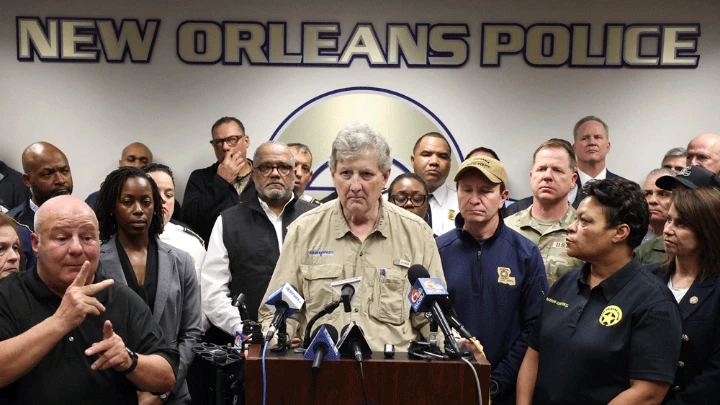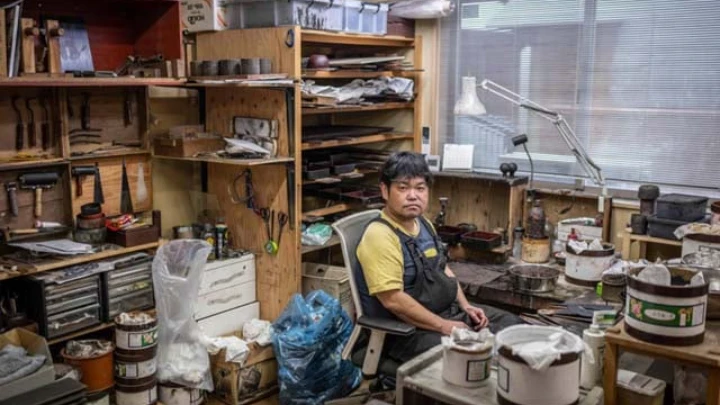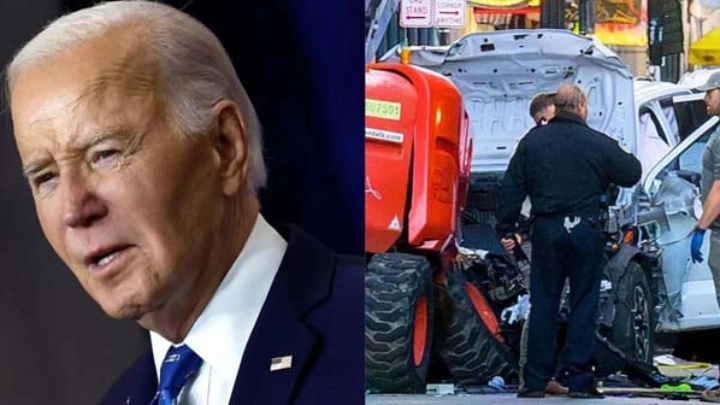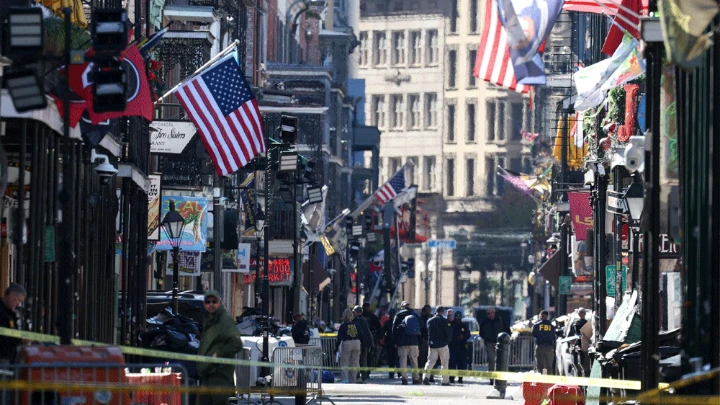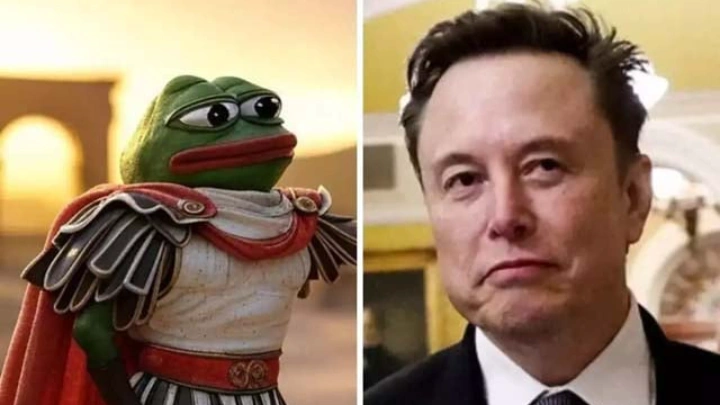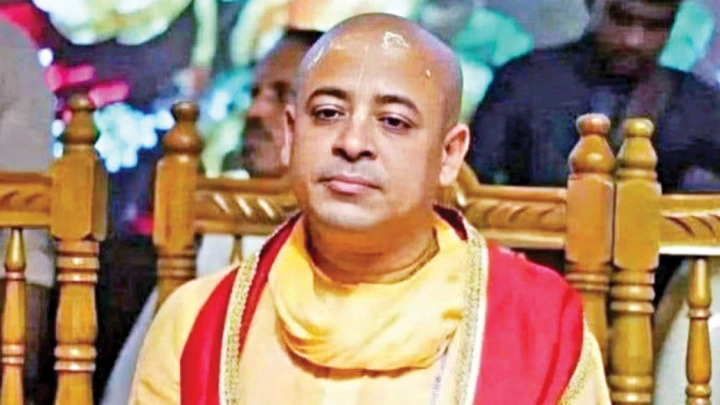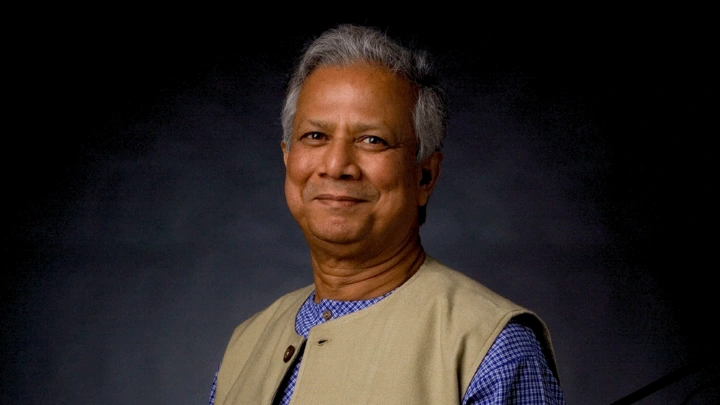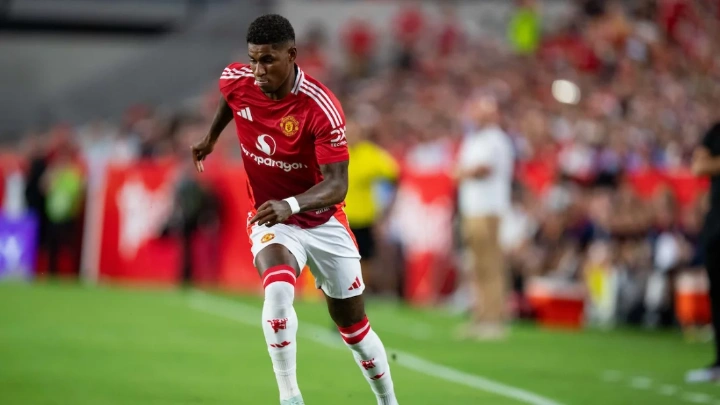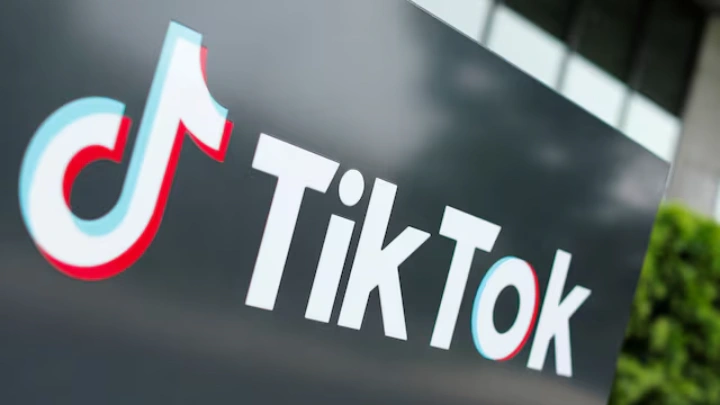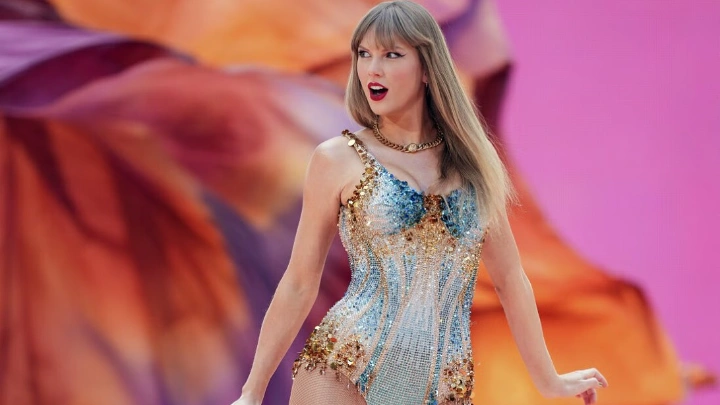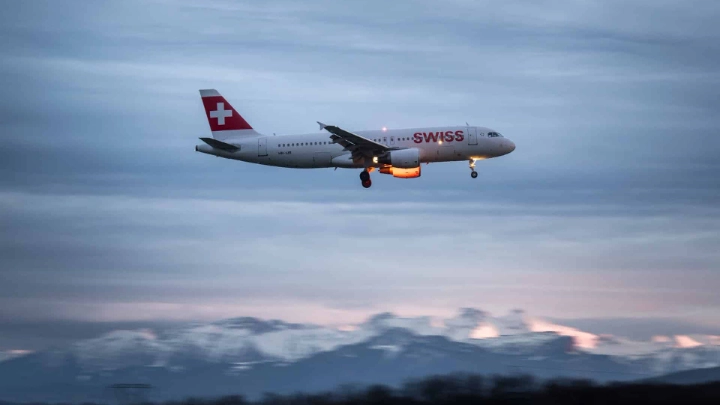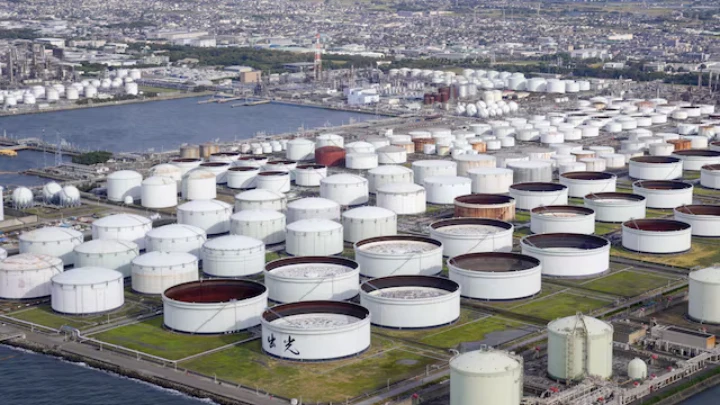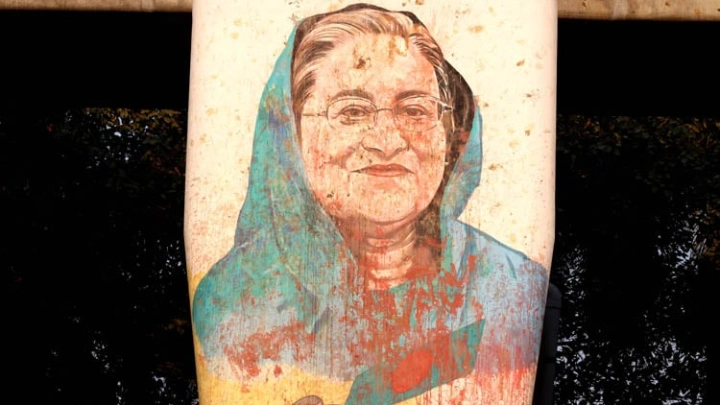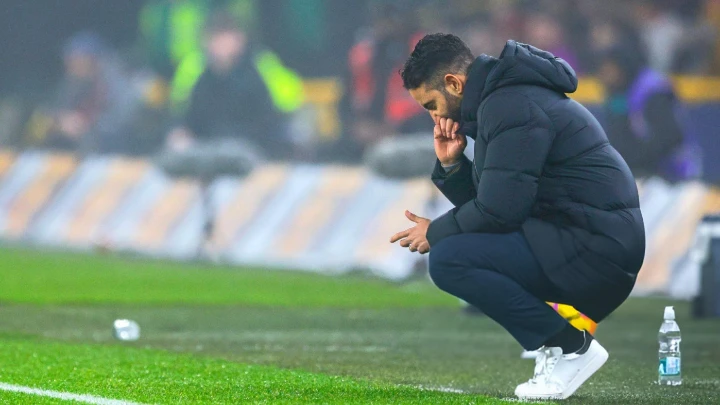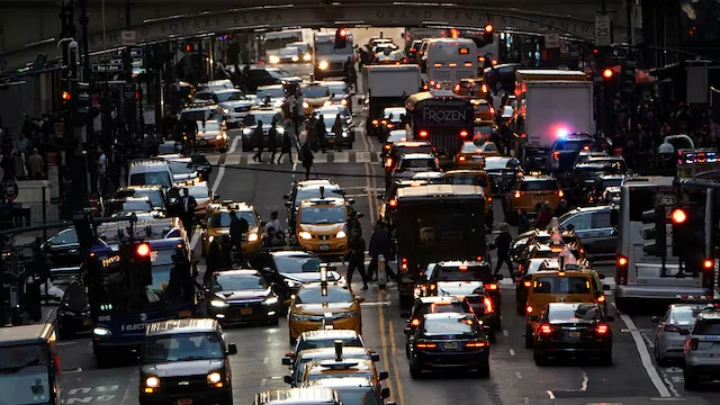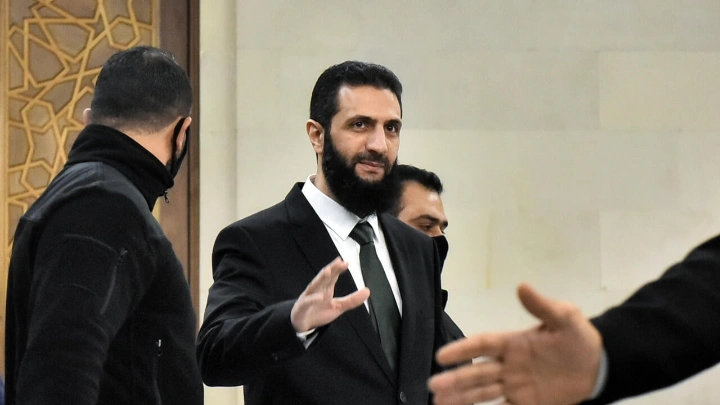New UK PM Truss vows to tackle energy crisis, ailing economy
Shining BD Desk || Shining BD
Liz Truss became U.K. prime minister on Tuesday and immediately faced up to the enormous tasks ahead of her: curbing soaring prices, boosting the economy, easing labor unrest and fixing a national health care system burdened by long waiting lists and staff shortages.
Truss quickly began appointing senior members of her Cabinet as she tackles an inbox dominated by the energy crisis triggered by Russia’s invasion of Ukraine, which threatens to push energy bills to unaffordable levels, shuttering businesses and leaving the nation’s poorest people shivering at home this winter.
Truss — Britain’s third female prime minister — named a top team diverse in gender and ethnicity, but loyal to her and her free-market politics. Kwasi Kwarteng becomes the first Black U.K. Treasury chief, and Therese Coffey its first female deputy prime minister. Other appointments include James Cleverly as foreign secretary and Suella Braverman as home secretary, responsible for immigration and law and order.
Making her debut speech outside her new Downing Street home in a break between torrential downpours, Truss said she would cut taxes to spur economic growth, bolster the National Health Service and “deal hands on” with the energy crisis, though she offered few details about how she would implement those policies. She is expected to unveil her energy plans on Thursday.
British news media reported that Truss plans to cap energy bills. The cost to taxpayers of that step could reach 100 billion pounds ($116 billion).
“We shouldn’t be daunted by the challenges we face,” Truss said in her first speech as prime minister. “As strong as the storm may be, I know the British people are stronger.’
Truss, 47, took office earlier in the day at Balmoral Castle in Scotland, when Queen Elizabeth II formally asked her to form a new government in a ceremony dictated by centuries of tradition. Outgoing Prime Minister Boris Johnson formally resigned during his own audience with the queen a short time earlier, two months after he had announced his intention to step down.
It was the first time in the queen’s 70-year reign that the handover of power took place at Balmoral, rather than Buckingham Palace in London. The ceremony was moved to Scotland to provide certainty about the schedule, because the 96-year-old queen has experienced problems getting around that have forced palace officials to make decisions about her travel on a day-to-day basis.
Ukrainian President Volodymyr Zelenskyy received a call from Truss on her first day. She spoke with U.S. President Joe Biden, too.
Ze;emslyy wrote on Twitter: “I was the first among foreign leaders to have a conversation with the newly elected British Prime Minister, Liz Truss. I invited her to Ukraine. I thanked the people of Britain for their leadership in the military and economic support of Ukraine.”
Biden, who worked closely with Johnson in confronting Russia’s invasion of Ukraine, was quick to congratulate Truss.
“I look forward to deepening the special relationship between our countries and working in close cooperation on global challenges, including continued support for Ukraine as it defends itself against Russian aggression,” he said on Twitter.
Truss’ office said she and Biden discussed the Ukraine war and defense cooperation, as well as economic issues and maintaining the British-Irish Good Friday Agreement. The leaders were expected to meet in person soon — likely around this month’s U.N. General Assembly meeting in New York.
Truss became prime minister a day after the ruling Conservative Party chose her as its leader in an election where the party’s 172,000 dues-paying members were the only voters. As party leader, Truss automatically became prime minister without the need for a general election because the Conservatives still have a majority of lawmakers in the House of Commons.
But as a national leader selected by less than 0.5% of British adults, Truss is under pressure to show quick results.
Ed Davey, leader of the opposition Liberal Democrats, on Tuesday called for an early election in October — something that Truss and the Conservative Party are highly unlikely to do since the Tories are slumping in the polls.
Johnson, 58, became prime minister three years ago after his predecessor, Theresa May, failed to deliver Britain’s departure from the European Union. Johnson later won an 80-seat majority in Parliament with the promise to “get Brexit done.”
But he was forced out of office by a series of scandals that culminated in the resignation of dozens of Cabinet secretaries and lower-level officials in early July.
Always colorful, Johnson said he was “like one of those booster rockets that has fulfilled its function.”
“I will now be gently re-entering the atmosphere and splashing down invisibly in some remote and obscure corner of the Pacific,” he said.
Many people in Britain are still learning about their new leader, a one-time accountant who entered Parliament in 2010.
Unlike Johnson, who made himself a media celebrity long before he became prime minister, Truss rose quietly through the Conservative ranks before she was named foreign secretary, one of the top Cabinet posts, just a year ago.
Truss is under pressure to spell out how she plans to help consumers pay household energy bills that are set to rise to an average of 3,500 pounds ($4,000) a year — triple the cost of a year ago — on Oct. 1 unless she intervenes.
Rising food and energy prices, driven by the invasion of Ukraine and the aftershocks of COVID-19 and Brexit, have propelled U.K. inflation above 10% for the first time in four decades. The Bank of England forecasts it will hit 13.3% in October, and that the U.K. will slip into a prolonged recession by the end of the year.
Train drivers, port staff, garbage collectors, postal workers and lawyers have all staged strikes to demand that pay increases keep pace with inflation, and millions more, from teachers to nurses, could walk out in the next few months.
In theory, Truss has time to make her mark: She doesn’t have to call a national election until late 2024. But opinion polls already give the main opposition Labour Party a steady lead, and the worse the economy gets, the more pressure will grow.
In addition to Britain’s domestic woes, Truss and her new Cabinet will also face multiple foreign policy crises, including the war in Ukraine and frosty post-Brexit relations with the EU.
Truss, as foreign secretary, was a firm supporter of Ukraine’s resistance to Russia.
Truss has also pledged to increase U.K. defense spending to 3% of gross domestic product from just over 2% — another expensive promise.
Rebecca Macdougal, 55, who works in law enforcement, said outside the Houses of Parliament that time will tell whether Truss can turn things round.
“She’s making promises for that, as she says she’s going to deliver, deliver, deliver,” Macdougal noted. “But we will see in, hopefully, the next few weeks there’ll be some announcements which will help the normal working person.”
___
AP writers Susie Blann, Sylvia Hui, Joanna Kozlowska and Kwiyeon Ha in London and Zeke Miller in Washington contributed to this story.
Shining BD


